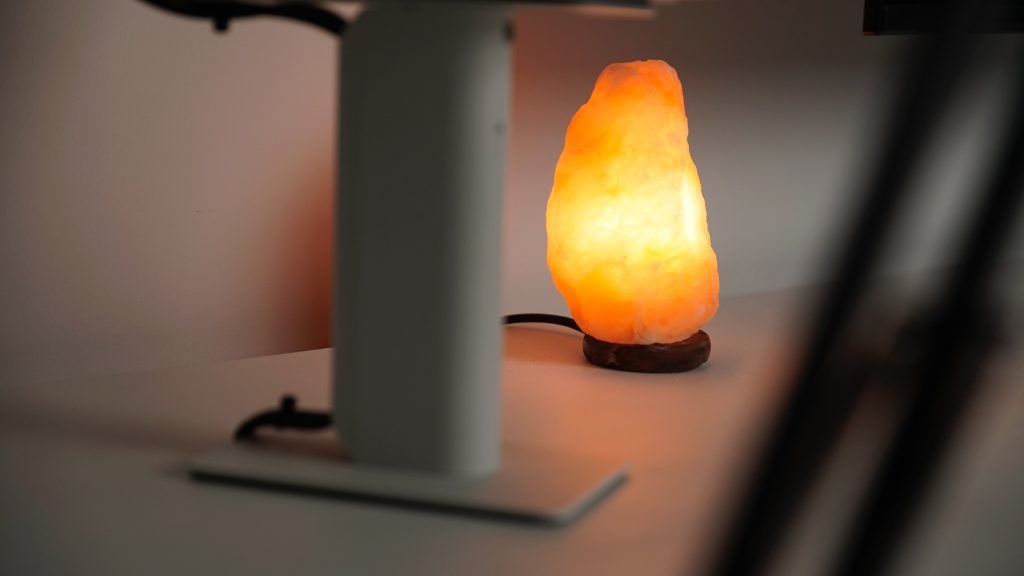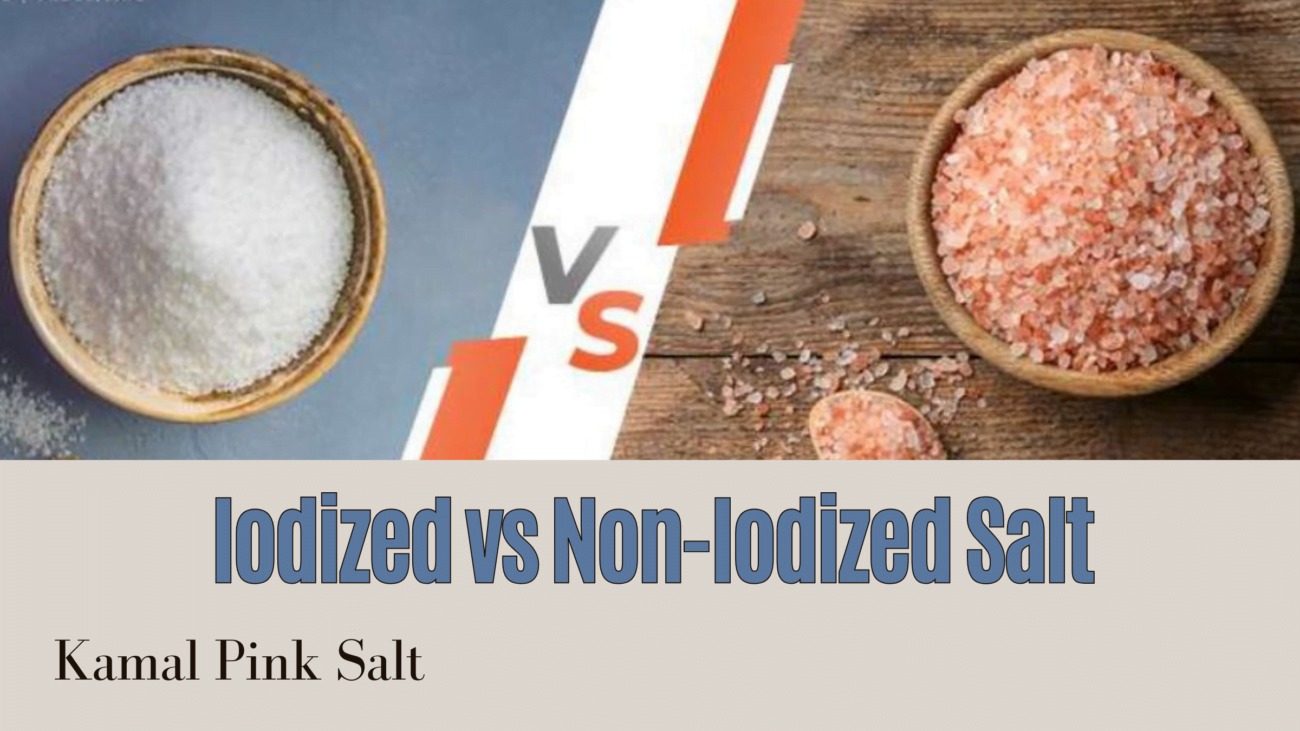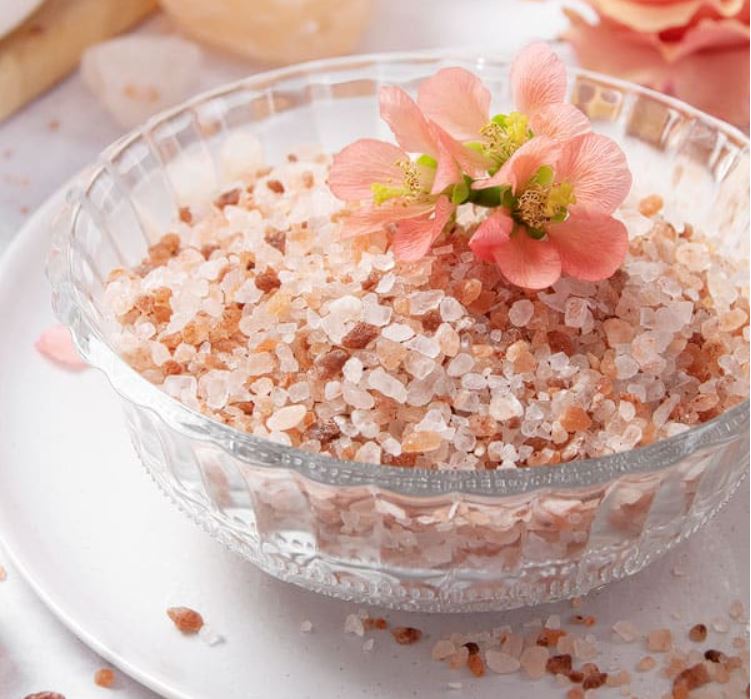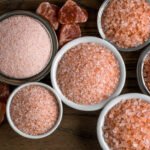The use of Pink Salt in weight loss

Introduction
The use of pink salt in weight loss is highly underreported. Weight loss is a topic that has been extensively explored, with countless diets, supplements, and techniques touted as the latest miracle solution. One such contender for weight loss is pink salt, also known as Himalayan salt. This unique and exotic salt has gained popularity for its potential health benefits, including claims that it can support weight loss. In this article, we will delve into the properties of pink salt and examine whether it can truly aid in shedding those extra pounds.
Understanding Pink Salt
It is a natural salt that is harvested from the Khewra Salt Mine in Pakistan, which is one of the largest salt mines in the world. The characteristic pink hue is due to the presence of trace minerals like iron, potassium, magnesium, and calcium. Unlike regular table salt, this salt is less processed and retains these minerals, which are believed to contribute to its potential health benefits.
Can Pink Salt Aid in Weight Loss?
- Regulation of Fluid Balance: One of the claims associated with pink salt is that it helps regulate fluid balance in the body. Proper hydration is crucial for weight loss because it can help control appetite and support metabolic processes. The power of pink salt has been reported by health.com in an article that says It contains electrolytes, which can aid in maintaining the body’s fluid balance, potentially preventing water retention that may lead to bloating and weight gain.
- Support for Digestion: Some proponents of this salt argue that it can aid in digestion. It is believed to stimulate the production of stomach acid, which may help break down food more efficiently, leading to better nutrient absorption. Improved digestion can indirectly support weight loss by ensuring the body utilizes nutrients effectively.
- Reduced Sodium Intake: While this salt contains sodium, it typically has less sodium per serving than regular table salt due to its larger crystal size. Consuming less sodium can help prevent excessive water retention and bloating. However, it’s essential to remember that excessive sodium intake is generally not advisable for overall health, so moderation is key.
- Mineral Content: The trace minerals found in this salt can play a role in various bodily functions, including metabolism. For example, magnesium is involved in energy production, while potassium is essential for muscle contractions. Ensuring an adequate intake of these minerals can indirectly support weight loss by maintaining overall health and wellness.
How to Incorporate Pink Salt for Weight Loss
If you’re interested in using this power of pink salt as part of your weight loss strategy, here are some tips on how to incorporate it into your diet:
- Replace Regular Salt: Swap out regular table salt with pink salt in your cooking and at the dining table. This can help you reduce your overall sodium intake while enjoying the unique flavor of pink salt.
- Hydration: Add a pinch of pink salt to your water or sports drinks to help maintain proper electrolyte balance during workouts, which can aid in hydration and support your weight loss efforts.
- Balanced Diet: Remember that pink salt should be just one component of a balanced diet. Focus on eating a variety of nutrient-dense foods like fruits, vegetables, lean proteins, and whole grains to support your weight loss goals.
- Consult a Professional: Before making any significant dietary changes, it’s advisable to consult with a healthcare professional or registered dietitian. They can provide personalized guidance based on your specific needs and goals.
Conclusion
In conclusion, the power of pink salt with its unique mineral composition, may offer some potential benefits when it comes to weight loss, primarily through its contribution to fluid balance, digestion, and mineral intake. However, it’s essential to approach its usage with moderation and as part of a broader, healthy lifestyle. Remember that no single ingredient, including, can guarantee weight loss on its own. A well-rounded approach that includes a balanced diet, regular exercise, and proper hydration remains key to achieving and maintaining a healthy weight.

Pink salt as a healer








